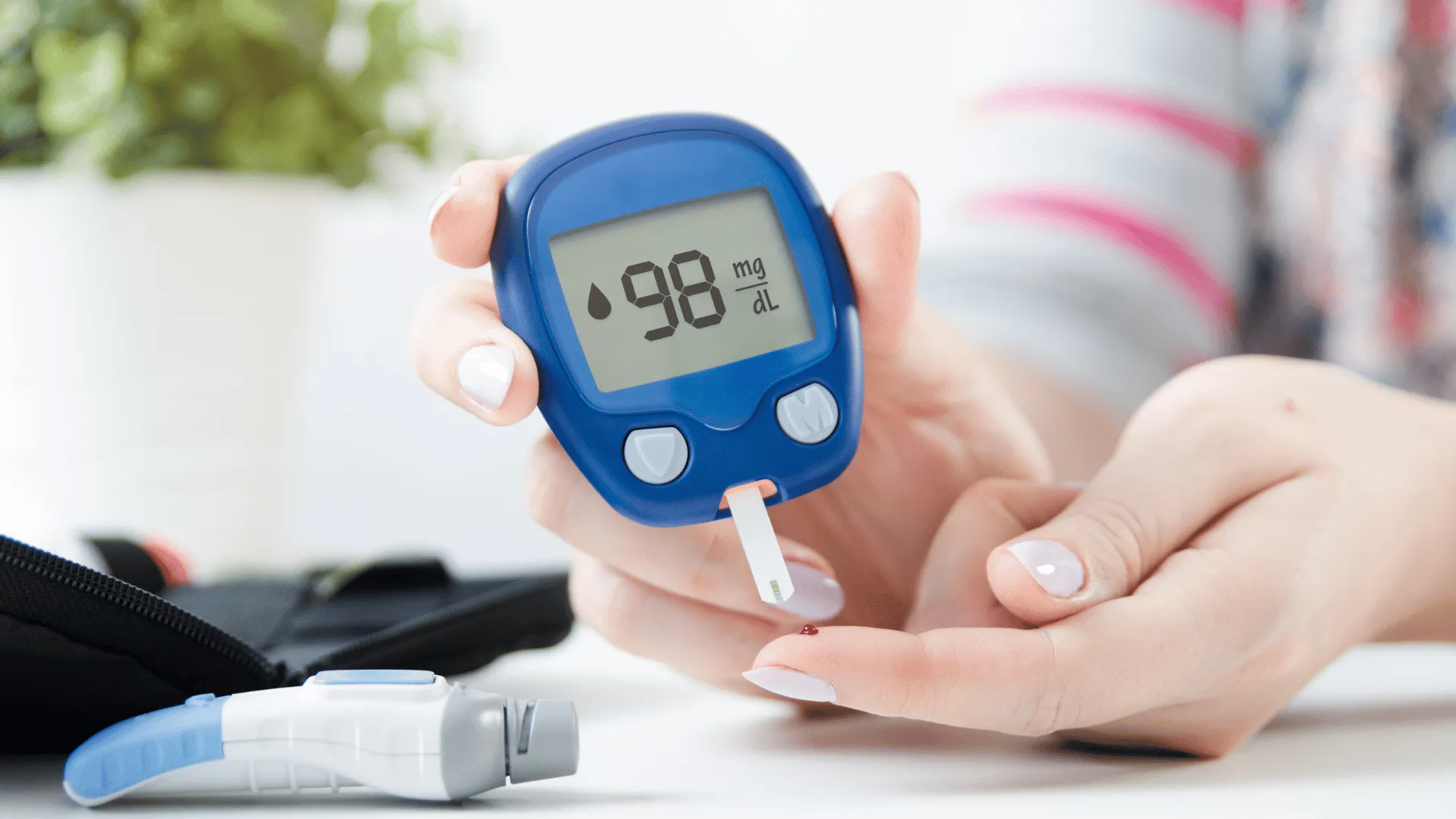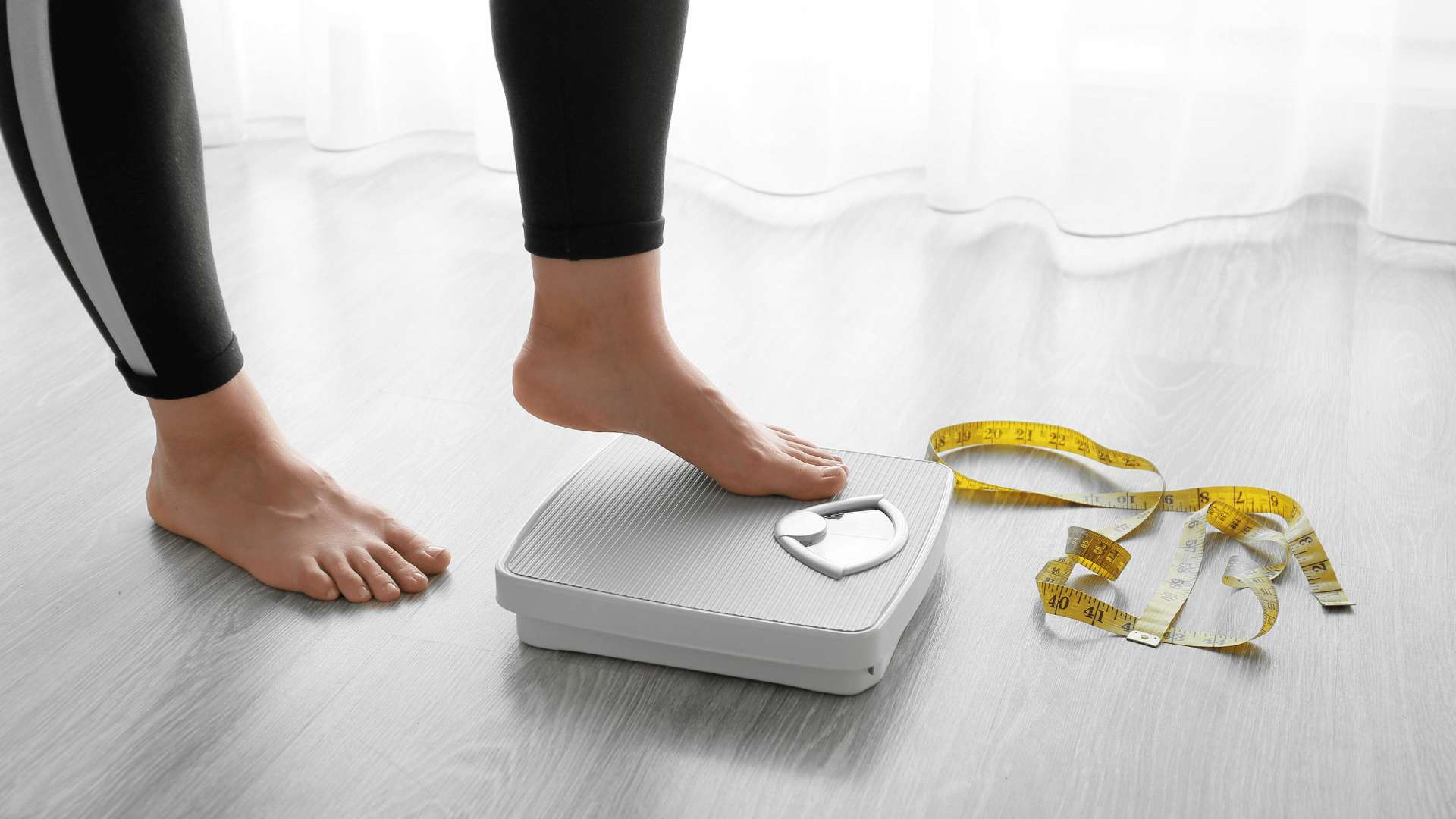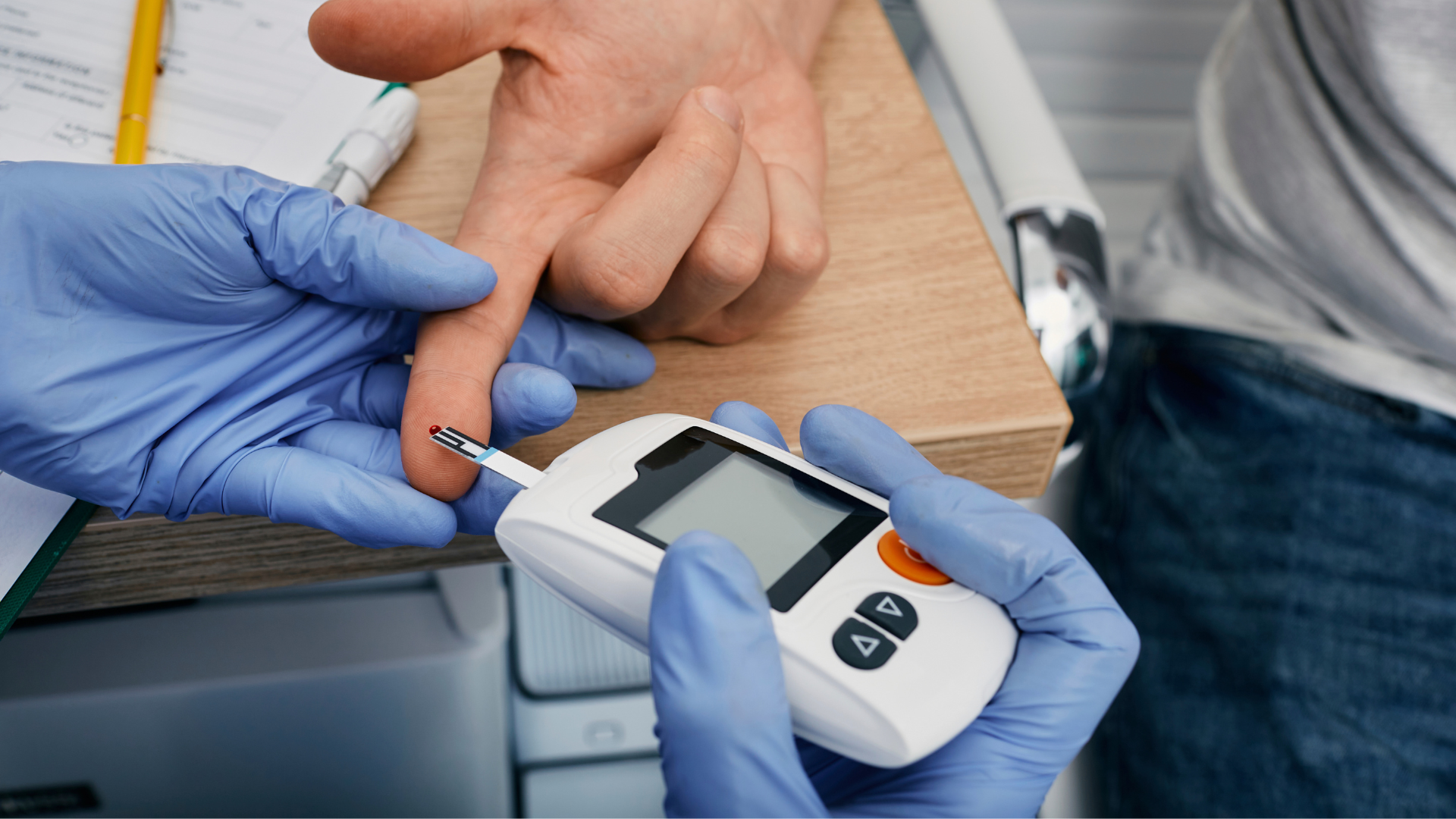
Managing blood sugar is crucial for maintaining overall health, especially for individuals with diabetes or those at risk of developing it. Effective blood sugar control can prevent complications like fatigue, mood swings, and even long-term health issues such as heart disease. In this article, we’ll explore practical strategies to help you control blood sugar levels, including dietary changes, exercise, and lifestyle adjustments that make a significant difference. Let’s dive in!
Understanding Blood Sugar and Why It Matters
Blood sugar, or glucose, serves as the main source of energy for your body’s cells. When you eat, your body breaks down carbohydrates into glucose, which then enters your bloodstream. Insulin, a hormone produced by the pancreas, helps transport this glucose into your cells for energy. However, when blood sugar levels become too high, it can lead to various health problems, including diabetes.
Effectively managing your blood sugar levels ensures that your body functions properly and reduces the risk of complications. Whether you have diabetes or want to maintain stable energy levels, learning how to control blood sugar can benefit your overall well-being.
Tips to Control Blood Sugar Through Diet
- Choose Low-Glycemic FoodsFoods with a low glycemic index (GI) cause a slower, more gradual rise in blood sugar. Opting for low-GI foods helps you maintain steady levels throughout the day. Examples include whole grains, legumes, non-starchy vegetables, and certain fruits like apples and berries. Including these foods in your diet can help control blood sugar and provide lasting energy.
- Increase Fiber IntakeFiber, especially soluble fiber, can slow down the absorption of sugar and improve blood sugar control. Foods like oatmeal, beans, lentils, and leafy greens are excellent sources of fiber. Try to include these in every meal to help control blood sugar more effectively.
- Limit Refined CarbohydratesRefined carbohydrates, like white bread, sugary snacks, and processed foods, cause rapid spikes in blood sugar levels. Replace these with whole grain options like brown rice, quinoa, and whole wheat bread. This swap can help you maintain blood sugar by providing a slower release of glucose into your bloodstream.
- Incorporate Healthy FatsHealthy fats, such as those found in avocados, nuts, and olive oil, do not raise blood sugar levels and can help you feel fuller for longer. Including healthy fats in your meals can help control blood sugar by reducing cravings for sweets and high-carb foods. Add a few nuts to your salad or drizzle olive oil over your roasted vegetables for a simple boost of healthy fat.
- Watch Portion SizesEven healthy foods can cause blood sugar spikes if consumed in large quantities. Pay attention to portion sizes, especially with carbohydrate-rich foods like pasta, rice, and potatoes. Using smaller plates or measuring portions can help you better maintain blood sugar and avoid overeating.
Exercise: A Key to Controlling Blood Sugar
- Engage in Regular Physical ActivityExercise helps your body use insulin more efficiently and lowers blood sugar levels. Activities like walking, swimming, and cycling can significantly impact how your body manages glucose. Aim for at least 30 minutes of moderate exercise most days of the week to help control blood sugar effectively.
- Strength Training BenefitsIn addition to aerobic exercise, strength training can also help you control blood sugar. Building muscle allows your body to store more glucose, reducing the amount in your bloodstream. Incorporate weightlifting, resistance bands, or bodyweight exercises into your routine for balanced blood sugar management.
- Stay Active Throughout the DayEven if you exercise regularly, sitting for long periods can raise blood sugar levels. Take breaks to move around, stretch, or take a short walk every hour. Staying active throughout the day can help control blood sugar and keep your energy levels stable.
Smart Lifestyle Habits for Blood Sugar Management
- Stay HydratedDrinking enough water is essential for controlling blood sugar. Proper hydration helps your kidneys flush out excess sugar through urine. Aim for 8-10 glasses of water a day to keep your blood sugar levels in check and support overall health.
- Get Quality SleepLack of sleep can make it harder to control blood sugar levels by affecting how your body uses insulin. Prioritize getting 7-9 hours of quality sleep each night. Establish a bedtime routine, keep a consistent sleep schedule, and create a relaxing sleep environment to improve your rest.
- Manage Stress LevelsStress can cause blood sugar levels to spike due to the release of stress hormones like cortisol. Finding ways to manage stress, such as practicing yoga, deep breathing exercises, or meditation, can help you control blood sugar. These activities promote relaxation and support a healthy mind-body balance.
- Monitor Your Blood Sugar LevelsKeeping track of your blood sugar levels allows you to understand how different foods, activities, and habits impact you. This knowledge empowers you to make better decisions and adjust your routine as needed to control blood sugar. Speak with your healthcare provider about how often you should monitor your levels.
Foods That Can Help Control Blood Sugar
- CinnamonCinnamon has been shown to help improve insulin sensitivity, making it easier for your body to manage blood sugar. Adding a sprinkle of cinnamon to your oatmeal or smoothie can be a delicious way to help control blood sugar.
- Apple Cider VinegarApple cider vinegar may help lower blood sugar levels after meals. Try adding a tablespoon to a glass of water before eating or using it as a salad dressing. Make sure to dilute it to avoid any stomach discomfort.
- BerriesBerries like blueberries and strawberries are low in sugar and high in antioxidants, making them an excellent choice for those looking to control blood sugar. Add a handful of fresh berries to your yogurt or oatmeal for a satisfying and blood-sugar-friendly snack.
- Leafy GreensVegetables like spinach, kale, and Swiss chard are packed with nutrients that support healthy blood sugar levels. They are low in calories and carbohydrates, making them an ideal addition to meals aimed at controlling blood sugar.
Creating a Blood-Sugar-Friendly Meal Plan
A well-balanced meal plan can make all the difference in managing your blood sugar levels. Here’s a simple day of eating that can help control blood sugar:
- Breakfast: Greek yogurt with chia seeds and a handful of fresh blueberries.
- Lunch: Spinach salad with grilled chicken, avocado, and olive oil dressing.
- Snack: A small apple with a tablespoon of almond butter.
- Dinner: Baked salmon with roasted vegetables and quinoa.
- Hydration: Drink water throughout the day and consider herbal teas like chamomile or green tea.
Take Control of Your Blood Sugar Naturally
Managing your diet, staying active, and adopting healthy habits can significantly impact your ability to control blood sugar levels. By making small but consistent changes, you can enjoy better energy, improved mood, and a lower risk of complications. Start today, and discover how these practical strategies can transform your journey toward better blood sugar management.
You Might Also Like
Recent Posts
- Heart Health Exercises: Effective Routines to strengthen your heart
- Weight Loss Strategies: Proven Methods for Sustainable Success
- Stomach Wellness and Blood Sugar Control: Effective Tip
- Natural Sources for Prostate Health: Support with Prostanat+
- What Precautions Should You Take for Prostate Health






